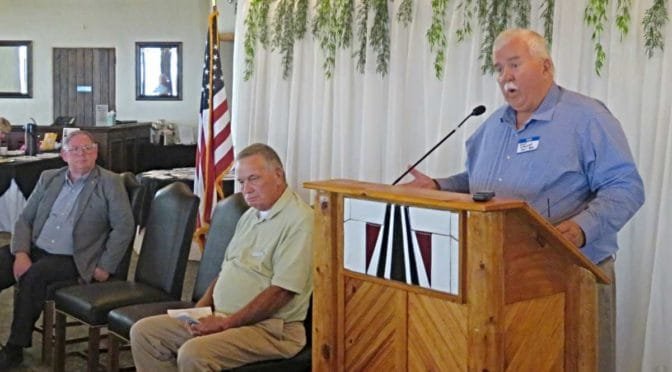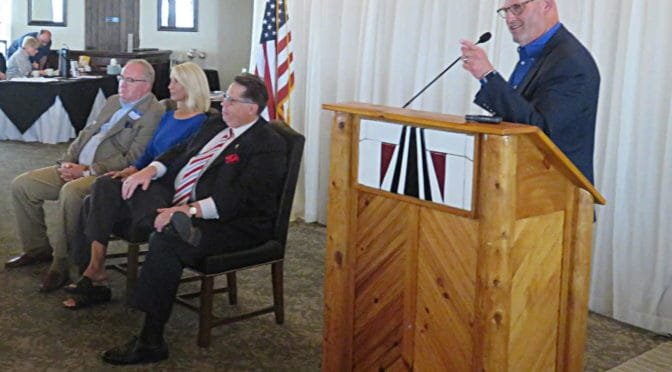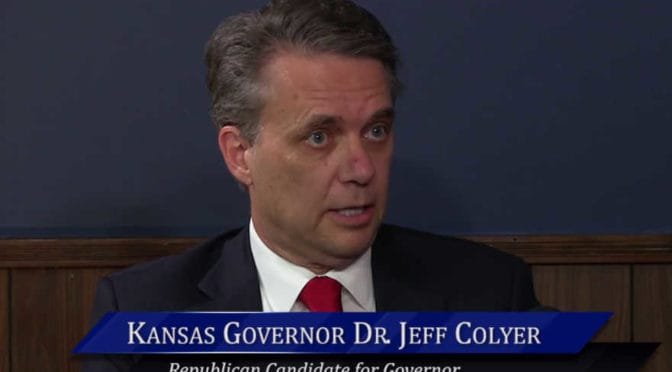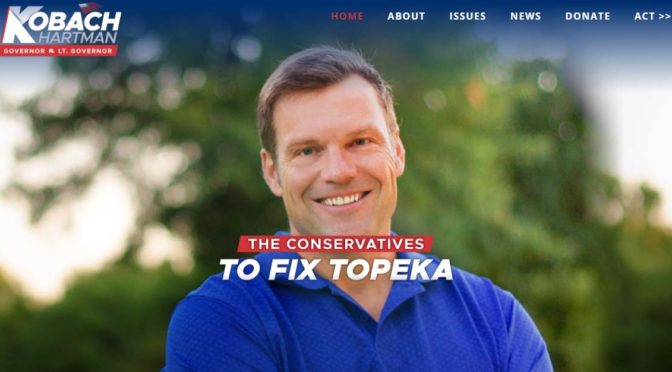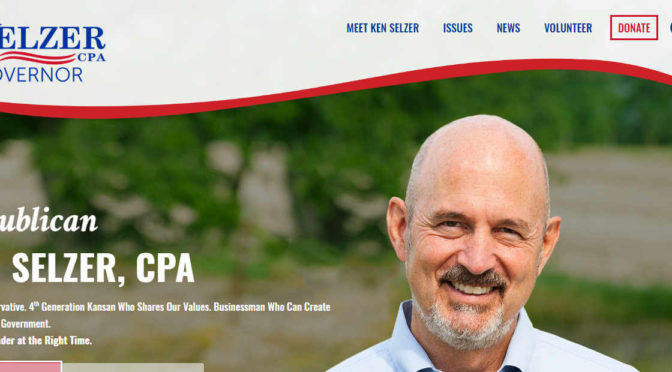Is the pursuit of intergovernmental grants wise? Would local governments fund certain programs if the money was not seen as “free?”
An eariler version of this article failed to distinguish Jim Howell’s position from the majority of candidates. I regret the error.
At a forum of candidates for Sedgwick County Commission, the subject of intergovernmental grants was discussed. All candidates except for current commissioners Richard Ranzau and Jim Howell were fully in favor — enthusiastic, even — of the grant system. Both Ranzau and Howell expressed skepticism of the wisdom and efficacy of the grant system.
Other candidates participating in the forum had several justifications for accepting intergovernmental grants: It’s our tax money we sent to Washington or Topeka, it’s foolish not to try to get back our tax money, the grants are already funded, the money will simply go somewhere else. There are a few problems with these lines of reasoning.
First, the grants are not “already paid for.” Since the federal government runs a deficit, we’re not paying the entire cost of government. To say that some things (program A, B, and C) are paid for, and other things (programs D, E, and F) are not paid for, is making artificial distinctions that can’t be justified.
But deficit spending (on grants or other things) makes sense to politicians who want to deliver more government services than are being paid for by current levels of taxation. Federal and state grants make sense to local politicians and bureaucrats who want to be able to say they “won” federal or state dollars, so that the county or city can spend at no one’s cost. That’s how grant money is often characterized: Spending at no one’s cost.
But politicians and bureaucrats across the nation make the same argument. We all wind up spending money at no one’s cost, so they say.
Then: We must “try to get back our tax money.” This highlights another absurdity of government grants. We pay taxes, and then hope that we win the competition to get back our money. Who developed this system? Again, politicians like to boast they “won” grant funding that has no cost. Bureaucrats thrive on the jobs and power that grants provide, both locally and at the state and federal levels. Someone has to collect the taxes, write the applications for grants, evaluate the applications, administer the grant money at the state or federal level, administer the grant money at the local level, write reports on how the grant money is spent, and then someone has to read the reports. This creates a lot of jobs for bureaucrats. It also costs a lot, which is a deadweight cost, that is, costs that provide no benefit.
(If politicians and bureaucrats in other states, cities, and counties are smarter than us, do we have a fair chance of getting our tax money back in the form of grants?)
Finally: There is evidence that intergovernmental grants accepted today result in higher taxes tomorrow. Worse, this is for spending that local governments might not choose if local government bore the entire cost. But after the grant ends and after a constituency is created, it’s difficult to stop the spending.
Following, from 2013, a presentation of research on grants and future taxation.
Federal grants seen to increase future local spending
“Nothing is so permanent as a temporary government program.” — Nobel Laureate Milton Friedman
Is this true? Do federal grants cause state and/or local tax increases in the future after the government grant ends? Economists Russell S. Sobel and George R. Crowley have examined the evidence, and they find the answer is yes.
The research paper is titled Do Intergovernmental Grants Create Ratchets in State and Local Taxes? Testing the Friedman-Sanford Hypothesis.
The difference between this research and most other is that Sobel and Crowley look at the impact of federal grants on state and local tax policy in future periods.
This is important because, in their words, “Federal grants often result in states creating new programs and hiring new employees, and when the federal funding for that specific purpose is discontinued, these new state programs must either be discontinued or financed through increases in state own source taxes.”
The authors caution: “Far from always being an unintended consequence, some federal grants are made with the intention that states will pick up funding the program in the future.”
The conclusion to their research paper states:
Our results clearly demonstrate that grant funding to state and local governments results in higher own source revenue and taxes in the future to support the programs initiated with the federal grant monies. Our results are consistent with Friedman’s quote regarding the permanence of temporary government programs started through grant funding, as well as South Carolina Governor Mark Sanford’s reasoning for trying to deny some federal stimulus monies for his state due to the future tax implications. Most importantly, our results suggest that the recent large increase in federal grants to state and local governments that has occurred as part of the American Recovery and Reinvestment Act (ARRA) will have significant future tax implications at the state and local level as these governments raise revenue to continue these newly funded programs into the future. Federal grants to state and local governments have risen from $461 billion in 2008 to $654 billion in 2010. Based on our estimates, future state taxes will rise by between 33 and 42 cents for every dollar in federal grants states received today, while local revenues will rise by between 23 and 46 cents for every dollar in federal (or state) grants received today. Using our estimates, this increase of $200 billion in federal grants will eventually result in roughly $80 billion in future state and local tax and own source revenue increases. This suggests the true cost of fiscal stimulus is underestimated when the costs of future state and local tax increases are overlooked.
So: Not only are we taxed to pay for the cost of funding federal and state grants, the units of government that receive grants are very likely to raise their own levels of taxation in response to the receipt of the grants. This is a cycle of ever-expanding government that needs to end, and right now.
An introduction to the paper is Do Intergovernmental Grants Create Ratchets in State and Local Taxes?.
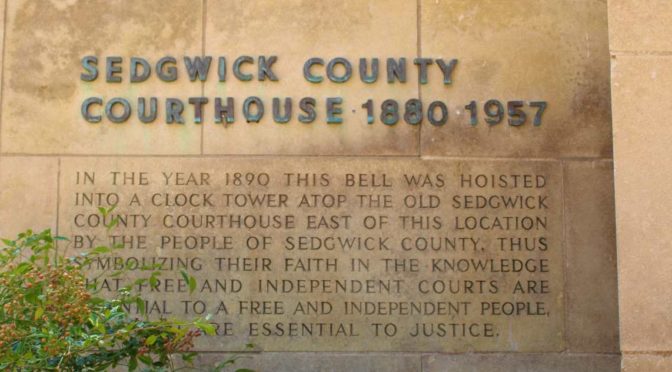
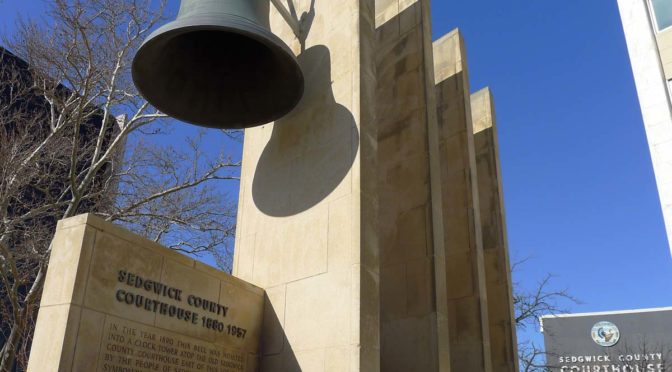
 From the Wichita Pachyderm Club: Kansas District Court Judicial Candidates. This was recorded July 13, 2018.
From the Wichita Pachyderm Club: Kansas District Court Judicial Candidates. This was recorded July 13, 2018.